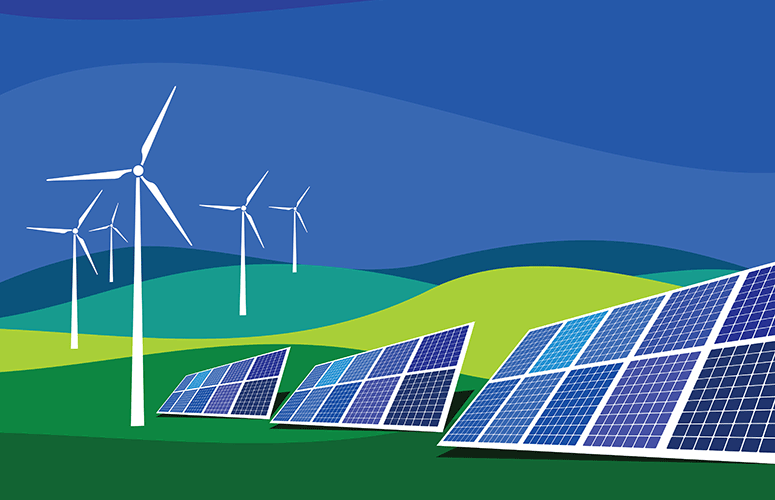Mission Innovation (MI)

Mission Innovation as a global clean energy initiative, has the principal aim of reinvigorating and accelerating global clean energy innovation in order to make clean energy widely available and affordable as well as creating green jobs and commercial opportunities. This is fundamental not only to the long term global response to the climate change challenge, but more importantly to promote sustained economic growth. Mission Innovation was announced by Bill Gates at COP21 on 30 November 2015. At the launch, 20 countries committed to double their respective clean energy research and development over the five years to 2020. The three principal pillars of mission innovation are: Government Leadership, Private Sector and Business Leadership; and Implementation and Information Sharing.
The Kingdom of Saudi Arabia, along with 19 other countries are the founder members of Mission Innovation. They are Australia, Brazil, Canada, Chile, China, Denmark, France, Germany, India, Indonesia, Italy, Japan, Republic of Korea, Mexico, Norway, Sweden, United Arab Emirates, United Kingdom and United States of America.
Saudi Arabia believes that technology provides the answer to climate change challenges. Technology has done so for mankind throughout history and it requires greater innovation, collaboration and investments to address climate change.
Saudi Arabia is pursuing technology innovation on greenhouse gas management, energy efficiency and renewable energy. The Kingdom established a technology roadmap that encompass the following five areas: (i) CO2 capture from stationary sources, (ii) carbon dioxide reduction from mobile sources such as terrestrial and marine transport (iii) industrial applications for polymers, carbon fibre, construction materials, and chemicals, (iv) carbon dioxide storage in saline water aquifers, (v) and carbon capture, utilization, and storage. In addition, the Kingdom is investing in developing and implementing a renewable energy program as well as energy efficiency technologies in areas such as air-conditioning and thermal insulation.
The Kingdom is currently active at the national level through specialized science and technology cities, universities, research centers, nationally owned companies as well as the private sector in promoting R&D in these focus areas. Collaboration in these focus areas are encouraged with international research centres to advance innovation in the clean energy technology domain.
The Kingdom’s determined baseline year is 2015, with a baseline funding amount of SR 281.3 million (USD $75 million). The doubling target-year is 2021 and the doubling target amount is SR 562.5 million (USD $150 million)
The areas of Clean Energy R&D Investment in Saudi Arabia are: Carbon management from mobile and stationary sources, CO2 utilization, carbon capture utilization and storage, transport fuels, energy efficiency, energy storage, and renewables (solar and wind).
The Kingdom’s Clean Energy R&D Focus Areas in its Mission Innovation Portfolio are Industry & buildings, Vehicles & other transportation, Solar, wind & other renewables, Hydrogen & fuel cells, Cleaner fossil energy, CO2 capture, utilization & storage, Energy storage and Basic energy research.
